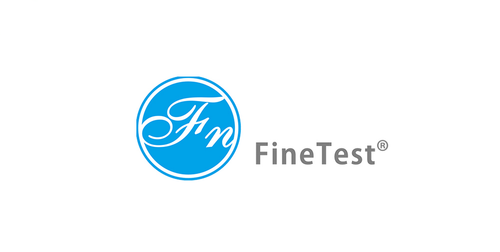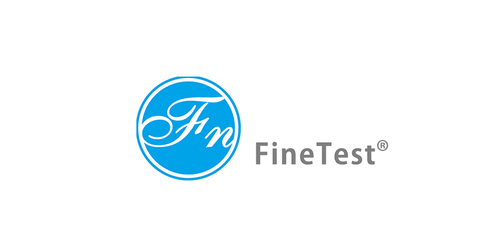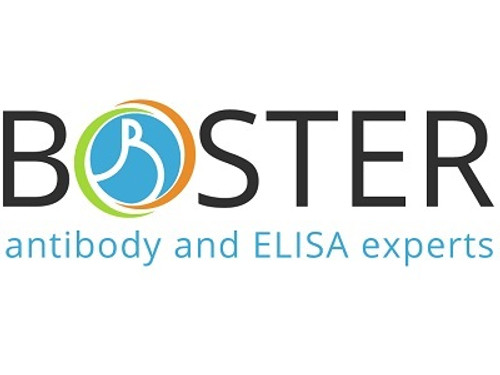Product Description
Anti- RANKL Antibody | FNab07108 | FineTest
Form: liquid
Purification: Immunogen affinity purified
Purity: ≥95% as determined by SDS-PAGE
Host: Rabbit
Clonality: polyclonal
Clone ID: N/A
Isotype: IgG
Storage: PBS with 0.02% sodium azide and 50% glycerol pH 7.3, -20℃ for 12 months (Avoid repeated freeze / thaw cycles.)
Background: This gene encodes a member of the tumor necrosis factor (TNF) cytokine family which is a ligand for osteoprotegerin and functions as a key factor for osteoclast differentiation and activation. This protein was shown to be a dentritic cell survival factor and is involved in the regulation of T cell-dependent immune response. T cell activation was reported to induce expression of this gene and lead to an increase of osteoclastogenesis and bone loss. This protein was shown to activate antiapoptotic kinase AKT/PKB through a signaling complex involving SRC kinase and tumor necrosis factor receptor-associated factor (TRAF) 6, which indicated this protein may have a role in the regulation of cell apoptosis. Targeted disruption of the related gene in mice led to severe osteopetrosis and a lack of osteoclasts. The deficient mice exhibited defects in early differentiation of T and B lymphocytes, and failed to form lobulo-alveolar mammary structures during pregnancy. Two alternatively spliced transcript variants have been found.
Immunogen: tumor necrosis factor (ligand) superfamily, member 11
synonyms: CD254, hRANKL2, ODF, OPGL, OPTB2, Osteoprotegerin ligand, RANKL, sOdf, TNFSF11, TRANCE
Molecular weight (observed) : 32 kDa
Reactivity Species: Human, Mouse, Rat
Tested Application: ELISA, WB, IHC, IF
Recomended Dillution : WB: 1:500 - 1:2000; IHC: 1:50 - 1:200; IF: 1:50 - 1:200
Research Area: Immunology, Signal Transduction, Developmental biology
 Euro
Euro
 USD
USD
 British Pound
British Pound
 NULL
NULL








